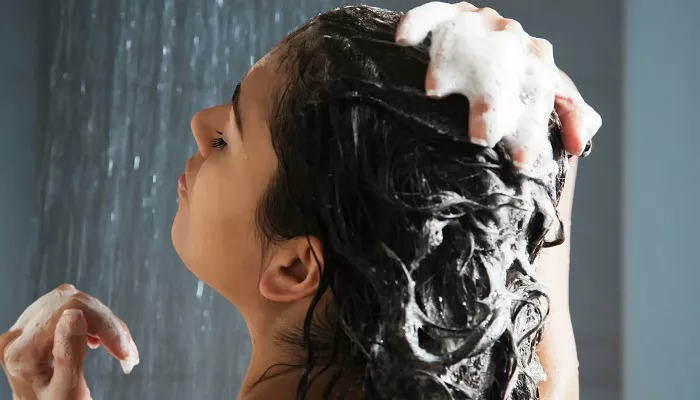If you’ve ever wondered how often to wash your hair, you’re not alone. The debate over proper hair-washing frequency has been ongoing for years—with advice ranging from daily cleansing to only once a week. Now, dermatologists are weighing in with practical, personalized guidance to help you find the right balance for your hair health.
According to experts, there is no universal rule when it comes to washing your hair. Instead, your ideal routine should depend on your hair type, texture, and lifestyle. Factors such as climate, sweat levels, and even air pollution can all affect how often you need to shampoo.
What to Consider When Setting a Hair-Washing Routine
Dr. Shilpi Khetarpal, a dermatologist at the Cleveland Clinic, explains that hair texture plays a significant role in determining your ideal wash frequency.
Curly or coarse hair tends to be drier, meaning it holds onto natural oils longer. “Washing every day can strip essential oils, leading to breakage and dryness,” she says.
Fine or straight hair, on the other hand, becomes oily more quickly and may need to be washed every other day to stay clean and fresh.
Your environment also matters. People living in hot, humid climates or those who sweat frequently—such as during workouts—may need to shampoo more often to maintain scalp cleanliness and avoid buildup.
Signs You May Be Washing Too Often
Over-washing your hair can do more harm than good. Common symptoms of overwashing include:
Dry, flaky scalp
Tenderness or tightness around the scalp
Hair that feels brittle or breaks easily
These symptoms can be your scalp’s way of signaling that it’s being stripped of its natural oils. If left unchecked, it can lead to more serious issues like scalp irritation or inflammation.
For persistent issues—such as redness, swelling, pain, or constant itching—the Cleveland Clinic recommends consulting a doctor, as these could be signs of underlying conditions like psoriasis or ringworm.
Smart Hair Care Tips for a Balanced Routine
Don’t just follow trends—tailor your wash schedule to your individual needs.
Use a gentle shampoo suitable for your hair type.
Avoid harsh scrubbing that can irritate the scalp.
Incorporate a scalp-friendly conditioner to maintain moisture balance.
Creating a simple yet consistent routine is one of the most effective hair care steps for maintaining healthy hair and scalp hygiene. Whether you’re washing daily or just a few times a week, the key is to listen to your hair’s needs—not just follow a fixed number.
Ultimately, good hair care advice starts with knowing your hair and respecting its natural rhythm.
Related Topics:
- Growth Bomb Unveils ‘World-First’ Range for Postpartum Hair Loss
- How to Use Dry Shampoo on Curly or Coily Hair
- 6 Ways to Fix Split Ends Without Cutting Black Hair


